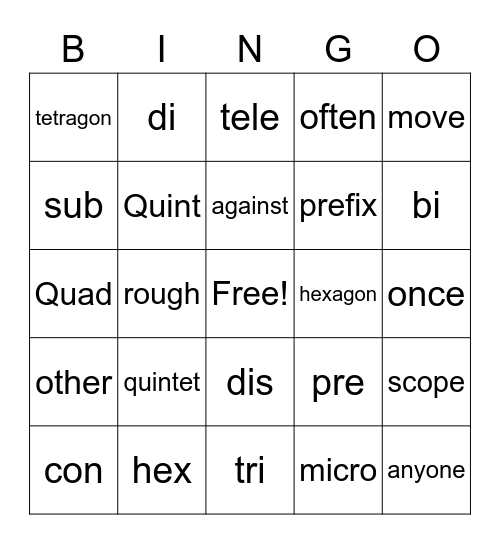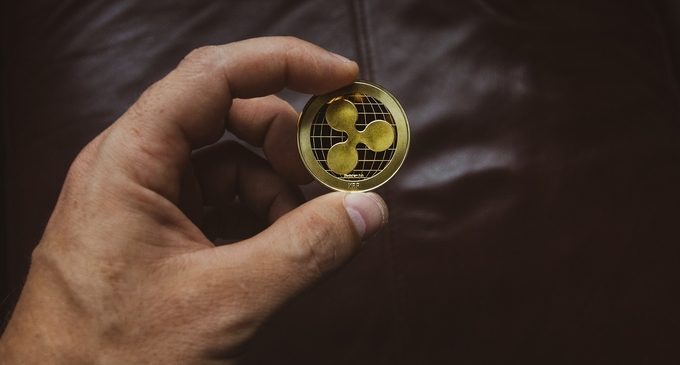

Like other tokens, XRP is tracked on a blockchain ledger with software nodes around the world that validate its transactions. In the case of Bitcoin, it enjoys a special place as the original crypto, and its relative scarcity-there will only ever be 21 million Bitcoins-has made it a store of value that its fans liken to “digital gold.” On Ethereum, meanwhile, millions of users pay to use its currency as “gas” to power smart contract transactions.

The two biggest cryptocurrencies have addressed this problem.
RIPPLE WINS LAWSUIT AGAINST TETRAGON HOW TO
Shortly after the currency began trading, speculators came to view it as a potential rival to Bitcoin and began to bid up its value.Īll of this presented the Ripple founders with a conundrum: How to persuade people of a real world need for the 100 billion XRP they spun into existence? XRP has a blockchain ledger to track who owns the supply but no one has minted a new token since 2012. Instead, the Ripple founders created the entire supply of XRP-100 billion of them-in one fell swoop. Unlike Bitcoin and Ethereum, which are minted slowly over time, XRP doesn’t depend on miners to create and distribute its tokens. In 2012, the team created a company called Ripple Labs, and bequeathed it a digital currency named XRP (originally “ripples”). McCaleb's team founded the precursor to Ripple in 2011 and Larsen, a wealthy entrepreneur, joined soon after. Gox, which grew into the world’s largest Bitcoin exchange before it collapsed amid a catastrophic hack under a subsequent owner. A crypto pioneer, McCaleb also created the cryptocurrency Stellar and Mt. Originally named OpenCoin, Ripple was founded by a group of programmers, including Jed McCaleb. Billions of dollars are riding on the answer. A judge could answer that question as soon as this fall. In more than a dozen interviews, people close to Ripple and experts in securities law described SEC v Ripple as a case that will not only decide the fate of the company, but shape the future of the crypto industry by determining whether cryptocurrencies should be treated like stocks.

If it loses, the outcome will mean humiliation for America’s top financial cop and the erosion of its enforcement powers. If the agency wins, its victory will spell trouble for many other crypto companies. It pledges to fight the case right to the Supreme Court.įor the SEC, the Ripple case is a test of strength. The company has also hired elite legal talent, including the former head of the very agency it is battling. Ripple, meanwhile, has adopted an unusual strategy-sparring publicly with the SEC rather than quietly settling, which is what most firms in its situation would do. The cryptocurrency world, including the thousands of small investors who hold XRP, will soon find out as the case barrels towards a trial. Now, the SEC threatened to unravel those achievements with some uncomfortable questions: Was Ripple no more than a glorified scam? Were Larsen and Garlinghouse’s lofty claims about XRP just a pretext to line their own pockets? The company had built relationships with major banks and amassed an army of devoted followers. “I’ve always viewed myself as one of the good guys in Silicon Valley who does what’s right-only to have the U.S government assert in an inflammatory way you’re playing dirty.”įor years Ripple occupied the number three spot in the cryptocurrency market, right behind Bitcoin and Ethereum. “It was a rough holiday for sure,” says Garlinghouse.


 0 kommentar(er)
0 kommentar(er)
